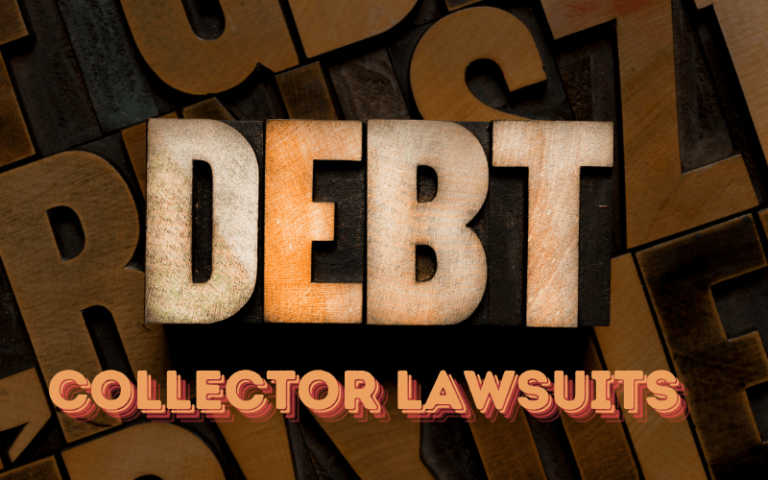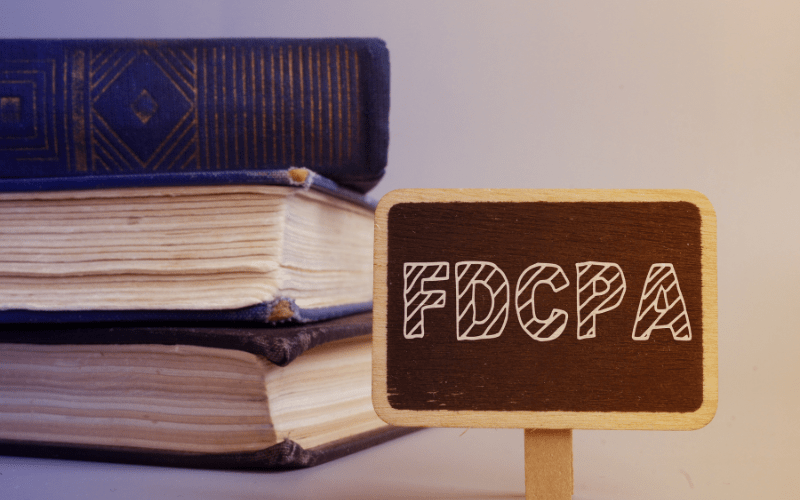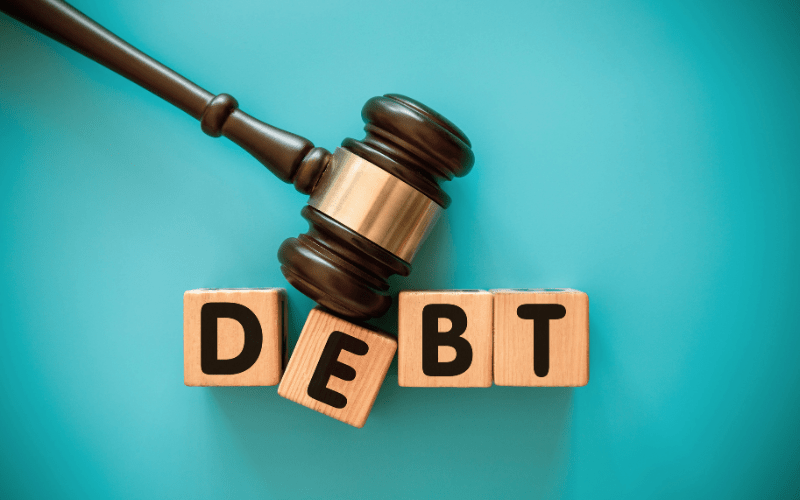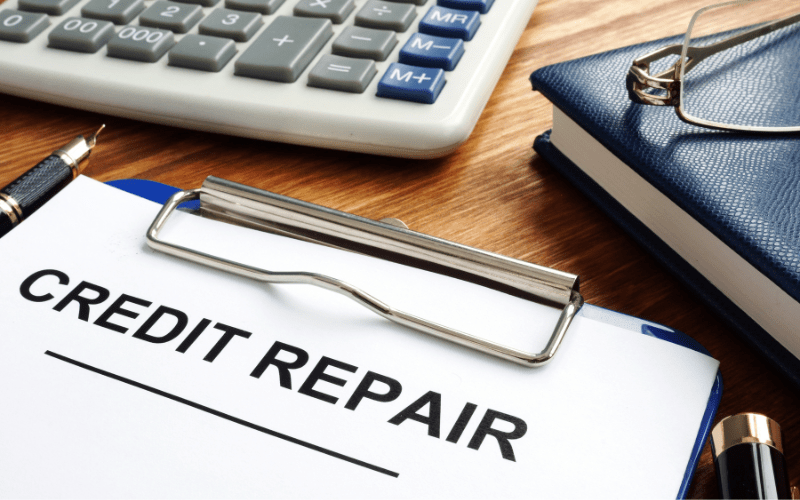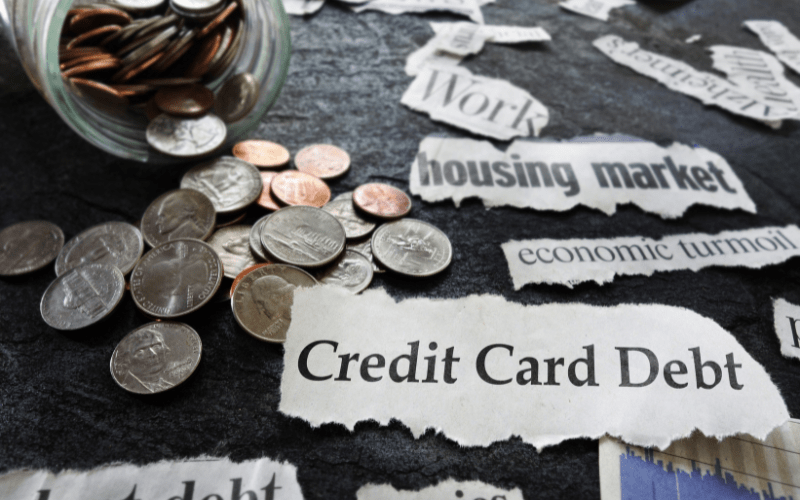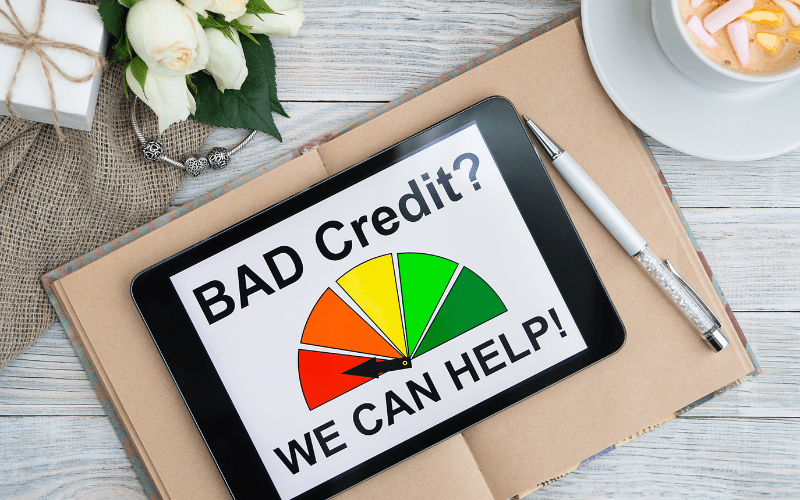Debt collection is a process that millions of consumers face each year, often leading to stress and confusion. Unfortunately, not all debt collection practices are lawful, and some consumers find themselves embroiled in legal battles due to the actions of aggressive or unethical debt collectors. Understanding the different types of debt collector lawsuits is crucial in protecting your rights and ensuring fair treatment. In this blog post, we will explore the various types of debt collector lawsuits, offer insights on how to defend against them, and explain how Credit Friendly Solutions can help you navigate these challenges.
Overview of Debt Collection Practices
Debt collection involves the pursuit of payments on debts owed by individuals or businesses. This process can include everything from phone calls and letters to legal action if a debt remains unpaid. While some debt collectors adhere strictly to legal guidelines, others may engage in practices that violate consumer rights.
Understanding your rights under laws like the Fair Debt Collection Practices Act (FDCPA) is essential. The FDCPA sets standards for how debt collectors must behave, prohibiting harassment, abuse, and other unethical practices. However, when debt collectors cross the line, they can be sued, and in some cases, they may initiate lawsuits against consumers.
Common Types of Debt Collector Lawsuits
1. Harassment and Abuse Lawsuits
One of the most common reasons consumers sue debt collectors is harassment. This includes repeated, aggressive phone calls, threats, and other forms of intimidation. The FDCPA specifically prohibits harassment, which can include:
- Excessive phone calls, particularly during inconvenient times.
- Use of obscene or profane language.
- Threats of violence or harm.
- Publicizing your debt to others.
Consumers who experience such treatment can file a lawsuit against the debt collector for violating the FDCPA. Credit Friendly Solutions can help you understand whether the behavior you’ve experienced constitutes harassment and guide you through the legal process if necessary.
2. Wrongful Debt Collection Lawsuits
Debt collectors sometimes sue the wrong person or demand payment for an incorrect amount. This can happen due to mistaken identity, clerical errors, or the sale of faulty debt information to third-party collectors. Wrongful debt collection lawsuits occur when a consumer is pursued for a debt they do not owe.
In these cases, it’s crucial to gather evidence, such as payment records or documentation proving the debt has been paid or does not belong to you. If you’re facing such a situation, Credit Friendly Solutions can assist in disputing the debt and defending your rights in court.
3. Violation of the Fair Debt Collection Practices Act (FDCPA)
The FDCPA provides a strong legal framework for consumers to challenge unlawful debt collection practices. Violations of the FDCPA can include:
- Contacting you at work after being asked not to.
- Failing to send a written notice of the debt within five days of initial contact.
- Misrepresenting the amount or legal status of a debt.
- Threatening legal action that they cannot take or do not intend to take.
Consumers can file lawsuits against debt collectors who violate these provisions. Credit Friendly Solutions has extensive experience in dealing with FDCPA violations and can help you take the appropriate legal action if your rights have been violated.
4. Credit Reporting Violations
Debt collectors are often responsible for reporting your debt to credit bureaus. However, if they report false or misleading information, it can damage your credit score and financial standing. Credit reporting violations occur when:
- The debt collector reports a debt you do not owe.
- They report an incorrect amount.
- They fail to report a debt as disputed after you’ve filed a dispute.
Consumers have the right to sue debt collectors for credit reporting violations under the Fair Credit Reporting Act (FCRA). If inaccurate information is damaging your credit score, Credit Friendly Solutions can help you correct your credit report and pursue legal action if necessary.
5. Unauthorized Collection Lawsuits
Sometimes, debt collectors attempt to collect on debts that are not authorized. This can include debts that have already been paid, debts that are not legally enforceable, or debts that the consumer does not owe. Unauthorized collection lawsuits arise when a consumer is sued for a debt that should not be collected.
If you are facing an unauthorized collection lawsuit, it is important to respond promptly and seek legal assistance. Credit Friendly Solutions can help you challenge the debt in court and protect your rights.
6. Breach of Contract Lawsuits
Debt collectors can also be involved in breach of contract lawsuits. These lawsuits typically occur when there is a disagreement over the terms of a debt repayment agreement. For instance, if a debt collector fails to honor a payment plan, or if, conversely, the consumer believes the collector has violated the terms of the contract, a lawsuit may consequently arise. Additionally, if the breach is significant or repeated, it might further exacerbate the situation, leading to more complex legal disputes.
Understanding the terms of your debt agreements and having proper documentation is essential in these cases. Credit Friendly Solutions can review your agreements and help you determine whether a breach has occurred and what legal steps to take.
7. Fraudulent Lawsuits by Debt Collectors
In some cases, debt collectors may engage in fraudulent activities, such as fabricating debts or filing lawsuits based on false information. Fraudulent lawsuits are not only unethical but illegal, and consumers have the right to defend themselves against such claims.
If you suspect that a lawsuit against you is based on fraudulent information, Credit Friendly Solutions can help you investigate the claim and take legal action to protect yourself.
How to Defend Against Debt Collector Lawsuits
Facing a debt collector lawsuit can be daunting, but there are steps you can take to defend yourself:
1. Know Your Rights
Understanding your rights under the FDCPA, FCRA, and other relevant laws is the first step in defending yourself. Credit Friendly Solutions can provide you with the information and guidance you need to navigate the legal landscape.
2. Gather Evidence
Collecting evidence is crucial in defending against a debt collector lawsuit. This includes payment records, communication logs, and any other documentation that supports your case. Credit Friendly Solutions can assist you in organizing and presenting this evidence effectively.
3. Seek Legal Assistance
Hiring a lawyer with experience in debt collection cases is often essential in successfully defending against a lawsuit. Credit Friendly Solutions can help you find the right attorney and provide ongoing support throughout the legal process.
4. Possible Outcomes of Debt Collector Lawsuits
The outcome of a debt collector lawsuit can vary. In some cases, the debt may be dismissed, while in others, a settlement may be reached. Understanding the possible outcomes and preparing for them with the help of Credit Friendly Solutions can improve your chances of a favorable resolution.
Key Points
- Debt collection lawsuits can arise from harassment, wrongful collection, FDCPA violations, credit reporting errors, unauthorized collections, breach of contract, or fraudulent claims.
- Consumers have legal rights and protections under the FDCPA, FCRA, and other laws.
- Gathering evidence and seeking legal assistance are essential steps in defending against debt collector lawsuits.
- Credit Friendly Solutions can help consumers navigate the complexities of debt collection lawsuits and protect their rights.
FAQs
1. What should I do if I receive a lawsuit from a debt collector?
- It’s important to respond promptly and not ignore the lawsuit. Gather evidence and seek legal assistance to defend your rights. Credit Friendly Solutions can help you understand your options and take appropriate action.
2. Can I counter-sue a debt collector?
- Yes, if the debt collector has violated the FDCPA or other laws, you may have grounds to counter-sue. Credit Friendly Solutions can assist in evaluating your case and pursuing a counterclaim if applicable.
3. What are the common defenses against debt collector lawsuits?
- Common defenses include proving the debt is not owed, challenging the validity of the debt, and demonstrating that the debt collector violated legal standards. Credit Friendly Solutions can help you build a strong defense.
4. How does a debt collector lawsuit affect my credit score?
- A lawsuit can significantly impact your credit score, especially if it ultimately results in a judgment against you. However, Credit Friendly Solutions is here to not only help you mitigate the damage but also to actively work with you to improve your credit.
5. How long does a debt collector lawsuit take?
- The duration of a lawsuit can vary depending on the complexity of the case. It may take several months to resolve. Credit Friendly Solutions can provide ongoing support throughout the process.
Conclusion
Understanding the types of debt collector lawsuits and how to defend against them is crucial for protecting your rights and financial well-being. Whether you’re facing harassment, wrongful collection, or any other type of debt-related legal action, Credit Friendly Solutions is here to help. With our expertise and commitment to consumer rights, we can guide you through the legal process and work towards a favorable outcome. Don’t face a debt collector lawsuit alone—reach out to Credit Friendly Solutions today for the support you need.

